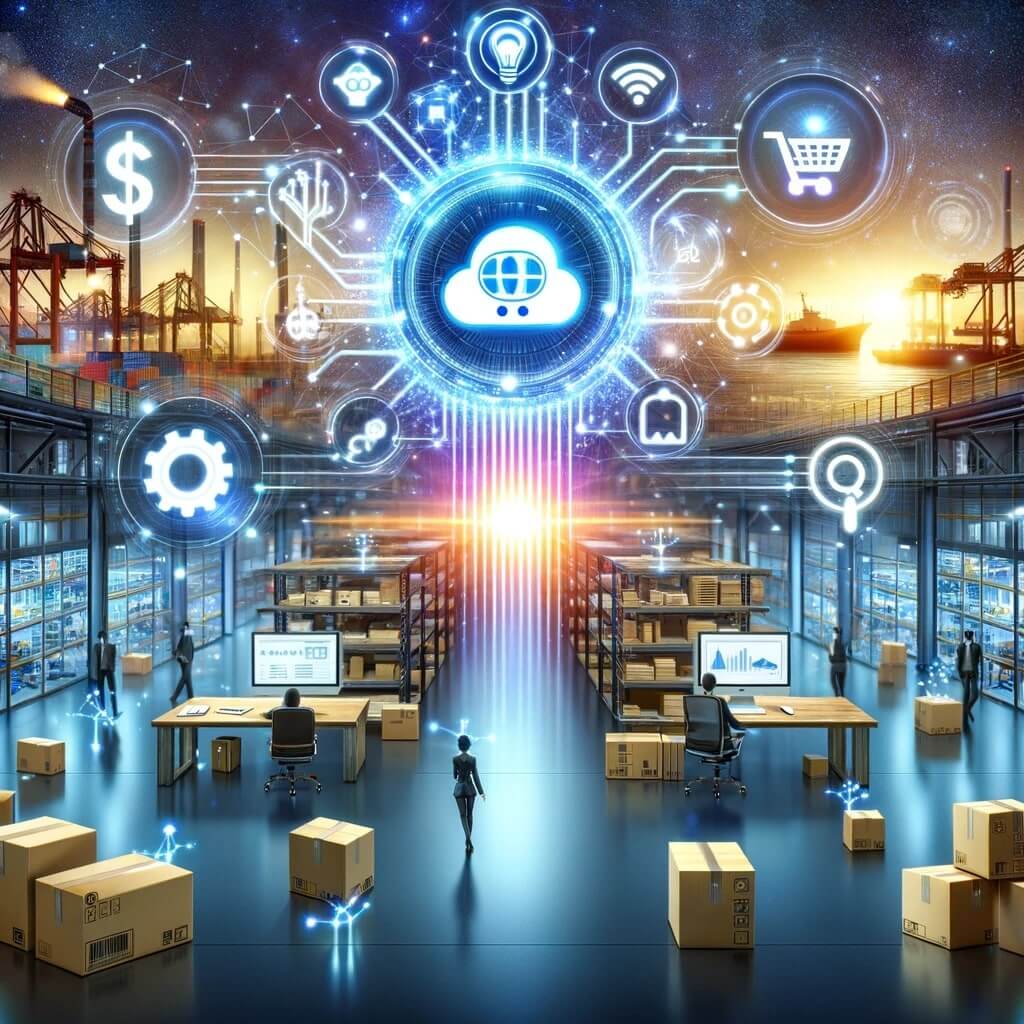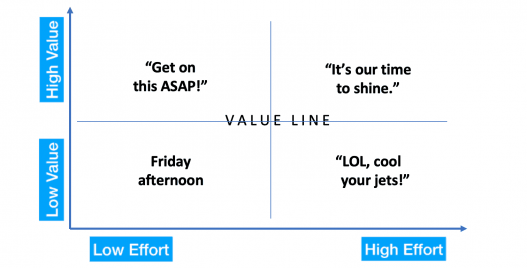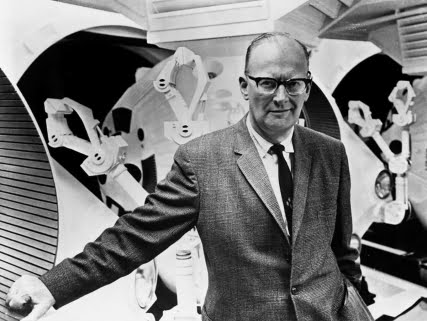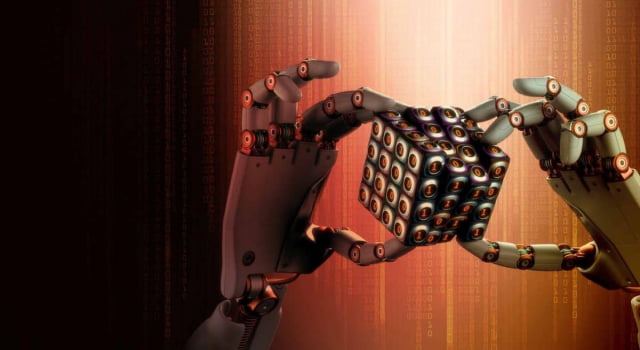
Mastering the Order-to-Cash Process with WorkDone.ai
In the current dynamic business environment, the mastery of the Order-to-Cash (O2C) process holds paramount importance. CFOs and COOs face the challenge of accelerating complexities

In the current dynamic business environment, the mastery of the Order-to-Cash (O2C) process holds paramount importance. CFOs and COOs face the challenge of accelerating complexities

In the e-commerce sector, where agility and innovation are king, the loss of institutional knowledge is a silent crisis. With baby boomers retiring at an unprecedented rate, the U.S. is experiencing a massive brain drain. This isn’t just about losing employees; it’s about losing years of accumulated expertise and insights.

Last week, PayPal announced the launch of a US Dollar stablecoin named PYUSD in a major step to support the web3 ecosystem. If leveraged strategically alongside companies like WorkDone, PayPal is poised to unlock new potential in the digital economy.

Artificial Intelligence (AI) has recently been the subject of much debate and speculation. The discourse surrounding AI has been a mixed bag, with some heralding it as the harbinger of a new era of technological advancement while others view it with a sense of trepidation. The question is, where does the truth lie?

AI has the potential to revolutionize the way businesses manage their workforce and workflow. With AI, businesses can increase the efficiency and accuracy of daily tasks and automate manual rote processes such as invoice processing, claims processing, onboarding, and case management. They can also improve resource utilization, reduce manual labor costs, and streamline complicated projects with automated proofreading and feedback tools. AI technology can leverage real-time analytics that enable data-driven decisions for better business outcomes.

Companies like British Petroleum have firsthand experience with the breathtaking cost that comes from “inadequate knowledge sharing” which totaled billions of dollars in subsequent claims for them. In 2010, when their oil rig exploded, it took BP 5 days to notice the leak; pouring almost 900,000 liters of oil into the ocean. After demanding an investigation into the cause of the incident, the US Congress was stunned to learn the answer: an employee with “specialized knowledge” left BP and simply wasn’t replaced. This oversight cost the company approximately $62 billion.

Most people today aren’t aware that the true intention of the American Dream is collective wealth for the country in the form of equality, justice and democracy for all. Today we know the American Dream to be individual pursuit and achievement, primarily through consumerism. The meaning behind the phrase has changed numerous times throughout history, and the current iteration is something the majority of Americans can never achieve.

Current invoice processing methods for most companies involve a cumbersome, time-intensive process that takes people away from more valuable and productive tasks. WorkDone’s invoice processing system can save over 60% of employees’ time by automating simple and repetitive tasks.

Artificial intelligence is a technology that is applicable to many industry verticals and household items. We use machine learning and AI every day without even realizing it. AI is becoming more widely adopted because of its competitive advantages.

In today’s high tech world of smartphones, ridesharing apps and commercial flights, machine learning is all around us. So what is it? It’s a specific branch of artificial intelligence (AI) that trains machines to “learn” and create their own rules over time using algorithms. This technology learns through pattern recognition and real-world interactions, ultimately solving problems without human interference. Instead, they begin to anticipate human behavior, helping the ecosystem work smarter and more efficiently.

We know that WorkDone’s AI-based automation platform is the future of work—but like any technology that’s just now entered the realm of the possible, it can take a minute to fully wrap your head around what an “AI-based automation platform” actually means.

You work at a medical device manufacturer, and part of your job is processing incoming purchase orders, making sure the buyers are licensed to actually receive your devices, and then passing that along to the ERP (enterprise resource planning) system which lets the factory and inventory teams know what’s coming.

The idea of the “knowledge worker” is set to turn 60 next year — the management guru Peter Drucker coined the phrase “knowledge worker” in his 1959 book Landmarks of Tomorrow, predicting a world to come where information, not land, labor, or even financial assets, would prove to be the most valuable part of any company’s business and the economy at large.
750 N San Vicente Blvd
Ste 800 West
Los Angeles, CA 90069
(213) 347-9173